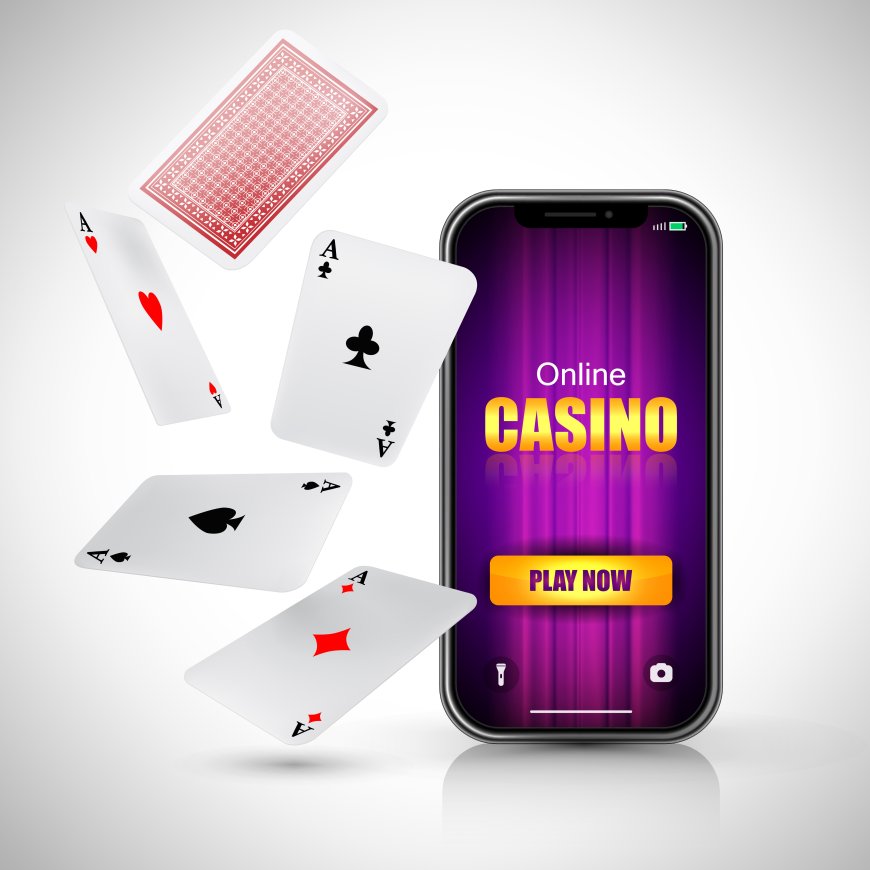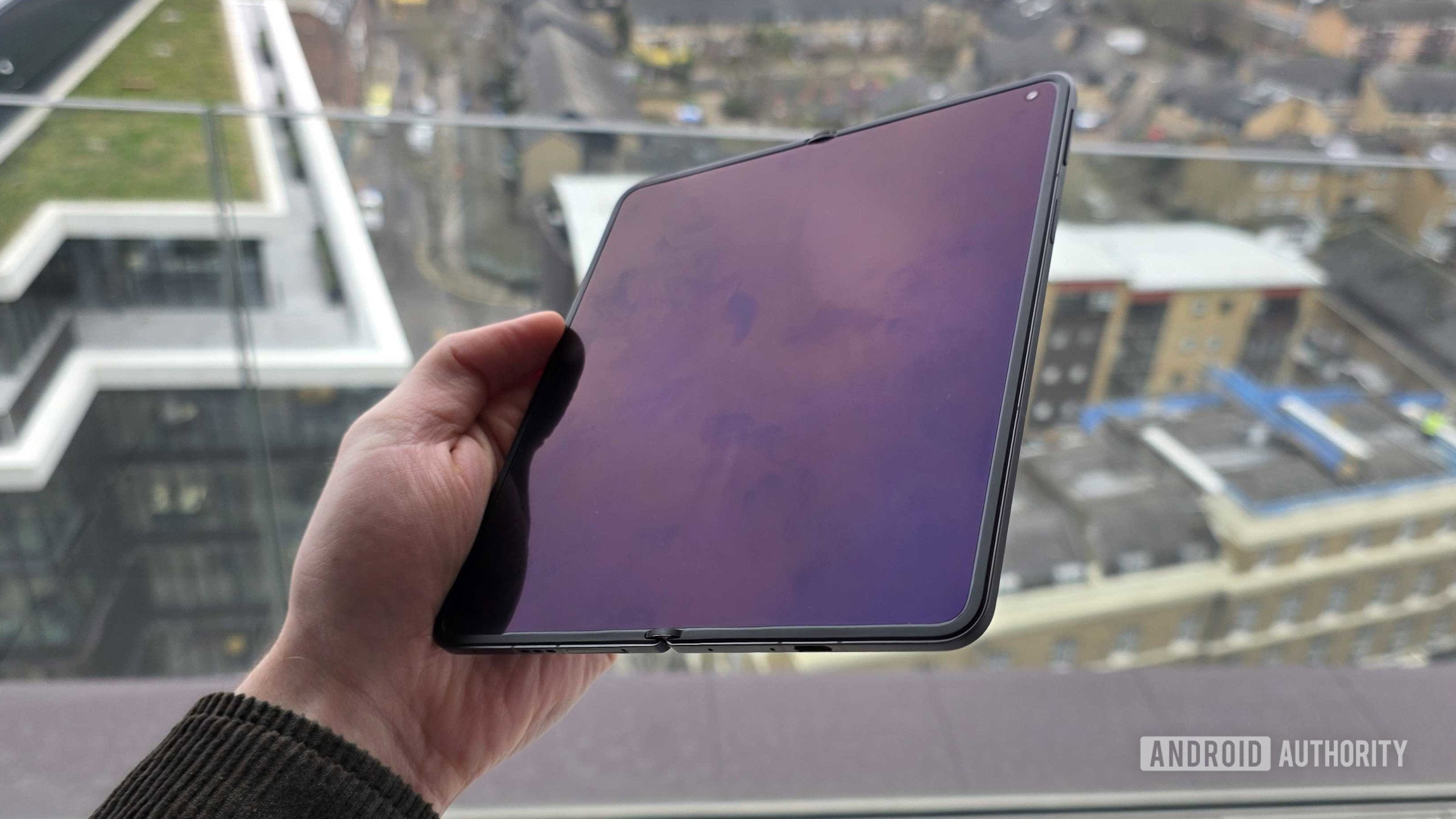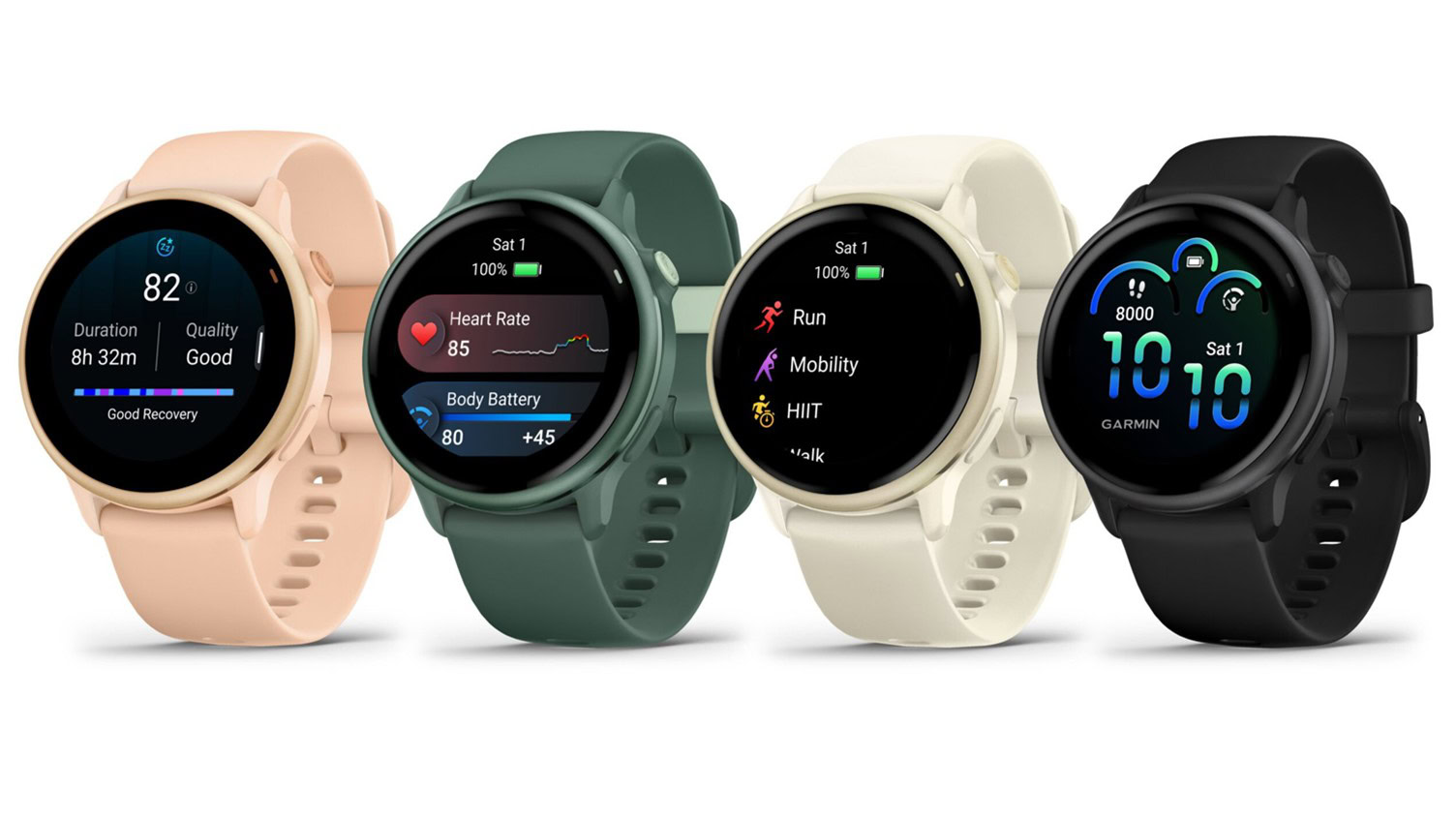The Future of Virtual Reality in Casino Game App Development
For businesses looking to stay ahead of the curve, investing in VR technology and partnering with a casino game development company that specializes in VR can be a strategic move.

As technology continues to evolve, the gambling industry is embracing innovations that enhance the player experience. Among these, Virtual Reality (VR) stands out as a game-changer, poised to revolutionize how we interact with casino games. In 2024 and beyond, VR is set to play a pivotal role in casino game app development, offering immersive experiences that blur the line between the physical and digital worlds. This blog explores the future of VR in casino gaming and how it will transform the industry.
The Evolution of Virtual Reality in Gaming
Virtual Reality has come a long way from its early experimental phases. Initially, VR was seen as a futuristic concept with limited practical application. However, advancements in hardware and software have brought VR into the mainstream, particularly in the gaming industry. Today, VR headsets like the Oculus Rift, HTC Vive, and PlayStation VR provide users with immersive, interactive environments that were once the stuff of science fiction.
In the context of casino gaming, VR offers an unprecedented level of immersion. Traditional online casino games, while engaging, are limited by their 2D interfaces. VR, on the other hand, allows players to step into a virtual casino, where they can walk around, interact with other players, and play games in a 3D environment that mimics the atmosphere of a real casino. As VR technology continues to advance, the potential for creating even more realistic and engaging casino experiences grows exponentially.
Key Benefits of VR in Casino Game Development
1. Enhanced Immersion
The most significant advantage of VR in casino game development is the enhanced level of immersion it offers. Unlike traditional online casino games, which are confined to a screen, VR transports players into a fully realized virtual world. This immersion makes the gaming experience more engaging and exciting, as players feel like they are physically present in the casino.
For instance, in a VR casino, players can walk up to a blackjack table, observe the dealer's movements, and interact with other players at the table—all in real-time. This level of interaction is impossible with traditional online games and provides a more authentic casino experience.
2. Social Interaction
One of the key aspects of a physical casino is the social interaction between players. VR brings this social element to online gaming by allowing players to interact with each other in a virtual space. Players can see each other's avatars, engage in conversations, and even collaborate or compete in multiplayer games.
This social aspect is a major draw for many players, as it replicates the communal experience of being in a real casino. By integrating social features into VR casino apps, developers can create a more engaging and enjoyable experience for players, encouraging longer play sessions and increased player retention.
3. Personalized Experiences
VR also allows for a high degree of personalization. Players can customize their avatars, choose different virtual environments, and even personalize the games they play. This level of customization enhances the player experience by making it more tailored to individual preferences.
For developers offering casino game development services, this opens up new opportunities to create bespoke experiences that cater to specific player demographics. Whether it’s designing a luxurious virtual casino for high rollers or a more casual environment for recreational players, VR enables developers to build unique experiences that appeal to a broad range of users.
The Challenges of Integrating VR in Casino Apps
While the potential of VR in casino game development is immense, there are several challenges that developers must overcome to realize this potential fully.
1. High Development Costs
Creating a VR casino game is significantly more complex and resource-intensive than developing traditional 2D games. The cost of developing high-quality 3D environments, realistic character models, and sophisticated AI can be prohibitive, especially for smaller development studios.
Additionally, the hardware required to run VR applications—such as VR headsets and powerful gaming PCs—adds another layer of cost. As a result, VR casino games are currently more expensive to develop and play than their traditional counterparts.
2. Technical Limitations
Although VR technology has advanced significantly, it is still not without its limitations. Issues such as motion sickness, limited field of view, and the weight of VR headsets can detract from the user experience. Furthermore, the high hardware requirements mean that not all players have access to the necessary equipment to enjoy VR games.
However, as technology continues to improve, these technical limitations are likely to diminish. Lighter, more comfortable headsets with better resolution and wider fields of view are already in development, and these advancements will make VR more accessible to a broader audience.
3. Regulatory Considerations
The integration of VR into casino gaming also raises new regulatory challenges. Online gambling is already heavily regulated, and the introduction of VR adds a new layer of complexity. Developers must ensure that their VR casino games comply with all relevant regulations, which can vary significantly from one jurisdiction to another.
This includes ensuring that the games are fair and transparent, protecting player data, and implementing responsible gaming measures. Navigating these regulatory hurdles can be challenging, but it is essential for the long-term success of any VR casino app.
The Future Outlook for VR in Casino Game Development
Despite the challenges, the future of VR in casino game development looks promising. As the technology continues to evolve and become more accessible, we can expect to see a growing number of VR casino apps entering the market. These apps will offer increasingly sophisticated and immersive experiences, attracting a new generation of players who seek more than just traditional online gaming.
1. Wider Adoption
As VR hardware becomes more affordable and user-friendly, more players will have access to the technology needed to enjoy VR casino games. This increased accessibility will drive wider adoption of VR in the online gambling industry, making it a standard feature in casino apps.
For businesses looking to build their own casino app, integrating VR features can be a key differentiator in a crowded market. Offering VR experiences can attract tech-savvy players who are looking for the next level of online gaming.
2. Innovative Casino Software Solutions
The development of innovative casino software solutions will play a crucial role in the future of VR in gaming. Advanced AI, machine learning, and blockchain technology will enable developers to create more realistic and secure VR casino environments.
For example, AI can be used to create intelligent NPCs (non-player characters) that interact with players in a natural and lifelike manner. Blockchain technology can be leveraged to ensure the fairness and transparency of VR casino games, building trust with players and regulators alike.
3. Cross-Platform Integration
The future of VR in casino gaming will also likely see greater cross-platform integration. Players will be able to seamlessly switch between playing on their VR headset, smartphone, tablet, or desktop, with their progress and data synchronized across all devices. This cross-platform approach will make VR casino games more accessible and convenient for players, further driving adoption.
Conclusion
Virtual Reality is set to transform the landscape of casino game app development, offering players immersive, interactive experiences that go beyond what traditional online gaming can offer. While there are challenges to overcome, the potential benefits of VR in terms of enhanced immersion, social interaction, and personalized experiences make it a compelling addition to any casino app.
For businesses looking to stay ahead of the curve, investing in VR technology and partnering with a casino game development company that specializes in VR can be a strategic move. By embracing the future of VR in casino gaming, companies can create innovative casino software solutions that captivate players and set themselves apart in a competitive market. Whether you’re looking to build your own casino app or enhance an existing platform, the future of VR offers exciting opportunities for growth and success in the online gambling industry.
What's Your Reaction?
 Like
0
Like
0
 Dislike
0
Dislike
0
 Love
0
Love
0
 Funny
0
Funny
0
 Angry
0
Angry
0
 Sad
0
Sad
0
 Wow
0
Wow
0












































